Permanent Shanghai Cooperation Organization members accept Iran
Iran’s full status as a member of the Shanghai Cooperation Organization has been approved after about 15 years by the organization's permanent members. Full membership gives the Islamic Republic substantial leverage and influence in the Eurasian alliance.
In recent months, Iran and China have been working on a wide ranging long term political, economic, and security accord that would inject hundreds of billions of dollars of investments into the Iranian financial markets and infrastructure projects.
Iran has also been exploring a similar long-term pact with Russia. Political leaders in Tehran perceive these actions as a necessary means of overcoming US hegemony and economic terrorism.
According to geopolitical analysts "A convergence of interests is bringing Iran, China, and Russia closer together than ever. Iran signed a multidimensional 25-year strategic treaty with China and prepared to make a similar deal with Russia in the near future. And now this country has ascended to the SCO. This could be seen as the third decisive move in Tehran’s deep inclination toward the East."
Iran’s new strategy of becoming a “Pivot to the East” involves developing dynamic economic, political, military, and security alliances with Asian powers, basically China, India and Russia.
This approach has gained all the more credence among Iranian officials since former US president’s Donald Trump’s misguided move of withdrawing from the Joint Comprehensive Plan of Action (JCPOA) and his conducting “maximum pressure” policies towards Iran.
Our expert explains whether membership of the SCO and long-term deals with China and Russia can actually serve as Eastern equivalents to the JCPOA.
It is in our country's interest to work with countries in the world that have a future and more importantly, are energy consumers because fossil fuels are expected to run dry in the not so distant future.
We have a couple of decades to make the best use of our underground energy resources.
India and China are the world’s two greatest importers of fossil fuels. Iran and Russia are two countries with the richest underground energy resources in the region.
Majid Reza Hariri, Chairman, Iran-China Chamber of Commerce
Iran has certainly found receptive partners in the East. Tehran, Moscow, and Beijing oppose the US military and interventionist policies and seek to eliminate the supremacy of the US economy in the Eurasian region.
That does not mean Iran will be amplifying tensions and forgoing relations with the west.
But for things to go forward, western sanctions on Iran will have to be lifted. UN sanctions have already been lifted otherwise Iran’s permanent membership to the SCO wouldn’t have been possible.
The SCO or Shanghai Cooperation Organization, which grew from the “Shanghai Five” pact, was established in 2001 by the leaders of China, Russia, Kazakhstan, Kyrgyzstan, Tajikistan and Uzbekistan.
The aim was to balance multilateral security, and economic and cultural cooperation, with a view to balancing US and NATO influence in the Eurasian region.
Security benefits of upgraded membership
The Shanghai Cooperation Organization can create a defense and security alliance in the future. It has not reached that convergence at the moment, the reason being the heterogeneity of the member states.
The member states now have economic and political disparities, so we cannot expect the organization to become a NATO-like regional defense organization in the short term. Maybe this will happen in the future, and Iran at that time could use a lot of these benefits of the organization.
Bahram Moradian, Analyst, International Law
The SCO permanent and non-permanent members are the world's largest producers and consumers of energy, with an area of about a third of the earth's land surface and about half of the world's population, with strong potential to balance power and create a multi-polar world.
But will Iran’s permanent membership to the SCO as beneficial for Iran as for the rest of that organization?
We shouldn’t ignore the realities of the organization. We think that the organization can help us improve and solve the problems caused by sanctions. But this is not the case.
US sanctions are aimed primarily at private institutions and international financial institutions.
None of these countries and no international organization in the world can force the private sector to cooperate with us and guarantee that it will not face US sanctions if it enters into a financial transaction with Iran.
I think there is no such thing and no organization or country will ever enter this game.
It could even be a trap for Iran if it enters into discussions with countries on this issue because they can get good economic concessions from Iran and give nothing back to us.
Bahram Moradian, Analyst, International Law
Both political and economic factors are of concern in analyzing Iran’s membership.
Hostility and the ongoing US sanctions system have always restrained the development of Iran's international trade, depriving it of the benefits of external markets or foreign investment in financial and infrastructure projects, for example, in the transportation and communications sectors.
But, sanctions have mainly impacted tourism and the oil and gas industries. Now, hoping to alleviate this problem, Iran is “looking to the East”.
One thing about looking east is that Iran is not going to ignore the West. As the name of the approach suggests, Tehran will be looking at the East and establishing a balance in the Islamic Republic’s foreign policy.
We’ve always witnessed Iran’s foreign policy swaying from favoring the East or the West every time a new government takes power in Tehran, an issue that isn’t in the country’s interests. The concept of looking at the East must be approached with caution so it won’t turn into jumping to the East’s arms.
We need to look at the West too. Looking at the East shouldn’t result in turning our back on the West.
As a matter of fact, looking at the East can only benefit us when we can create a balance in our foreign policy to have ties with both [the] West and the East.
Hamed Vafai, China Affairs Analyst
Iran, Russia and China have actually discussed de-dollarization of their trade for decades, and have considered launching an alternative for Worldwide Interbank Financial Telecommunication (SWIFT) global network.
Iran’s permanent membership, after the technical and legal process which could take up to two years, would enable it to formally join a group that accounts for exports amounting to of trillions of dollars annually as the SCO includes China, Russia and India in addition to several Central Asian and Eurasian states.
It’s been fifteen years since we applied; why have all the states suddenly agreed to Iran’s permanent membership?
We have many problems in banking and financial relations. If these problems are not solved, all these things will fail. We have to deal with FATF. This is a serious issue and no organization or institution can address it.
Iran cannot hope to resolve this issue with regional agreements such as the Shanghai Cooperation Organization or even other bilateral agreements, because if there is a banking transaction to or from Iran, the FATF as a transaction monitoring body warns the other party that they’re exposed to a serious risk in terms of money laundering and terrorism financing.
Basically, if Iran doesn’t solve its problems with the FATF, it will lose the opportunities it can get from membership in the Shanghai organization among many others [sic].
Bahram Moradian, Analyst, International Law
Iran’s new president, Ebrahim Raisi, has not been alone in Iran’s foreign policy decision making process. He is, however, part of an establishment that has laid out the central contour of the next phase of the country’s foreign policy and the direction his government will have to pursue is to displace the JCPOA as the focal point of Iranian foreign policy.
Addressing the recent SCO summit in Dushanbe, Raisi said “When I took over the presidency of the Islamic Republic, I introduced my foreign policy orientation as focusing on ‘economic multilateralism’, strengthening relations with ‘neighboring countries’ in its broadest sense, and strengthening presence in regional organizations.” He then called for “strengthening bilateral cooperation” in order to improve “the strategic role of the Shanghai Cooperation Organization in global economy”.
Iran has the world’s second largest natural gas reserves and the fourth largest oil reserves, which position it as a significant factor in the strategic calculations that Eurasian powers make in their foreign policy toward the Middle East or West Asia.
For instance, by strategic collaboration with Tehran, Beijing and Moscow would have a unique opportunity to redirect both Iran and its regional rivals toward the China-Russia Eurasian strategic construct.
The US and China might be heading into a confrontation in the Asia-Pacific region. It’s likely and we’ve seen some of its signs with the latest trilateral agreement between US, UK, and Australia, that military lines are being drawn there.
In such a scenario, the Persian Gulf countries will have to navigate routes through straits like Taiwan, which will be very unsafe, to sell their oil to China.
Iran and Russia are the only two energy-rich nations that can sell fuel to China through pipelines.
Majid Reza Hariri, Chairman, Iran-China Chamber of Commerce
In line with the US failure in the wars on Afghanistan and Iraq and its partnership with Saudi Arabia in attacking Yemen, it has become clear that the United States no longer functions as the dominant “superpower” in West Asia.
Traditional allies of the US are in profound crises and their positions are particularly weakened.
Also, the unilateral US withdrawal from international treaties, such as the JCPOA, has seriously called into question the legitimacy and credibility of that country unlike China.
Would you say Eastern states are uniting as opposed to the West?
Anyway, Eastern countries are uniting under the banner of the Shanghai Cooperation Organization. But it’s important to remain realistic.
The member states are not at all seeking to challenge the world order. They’re not trying to stand against NATO and declare themselves their opposite number at all.
While they accept the international system’s order, they’re introducing themselves as another potential pole alongside the others.
I’ve read in some analyses that the West is scared now that Iran’s a permanent member of the Shanghai Organization. It’s not like that.
Hamed Vafai, China Affairs Analyst
Apart from the Shanghai Cooperation Organization, there are other similar regional organizations too, like the ASEAN, which is an important one, or the D8 and others.
Japan, South Korea, and even Australia are members of some of them. A few months ago, a treaty dubbed RSAP was introduced in the region, in which Australia, India, ASEAN nations, China, and others clinched an economic pact.
I don’t think it would make much difference. Geographically speaking, what are we considering nations like Japan, South Korea, and the Philippines?
Are they Eastern or Western nations?
Majid Reza Hariri, Chairman, Iran-China Chamber of Commerce
Another regional issue that will have a serious impact throughout Eurasia has to do with the recent developments in Afghanistan.
The Taliban have once again taken over the war-torn Afghan nation, following the withdrawal of American troops.
China, Russia and Iran have blamed Washington for having created such a chaos in the region, as they believe America withdrew without cleaning up its mess.
The SCO countries now have no choice but to come together to stave off Afghanistan's impending humanitarian crisis, that could lead to a new regional refugee crisis and provide fertile ground for terrorist activities of militant groups such as Daesh or ISIS.
In today's international system, we are witnessing what can be described as the depletion of the potential for power from the Atlantic to the Pacific. This is a fact that all countries are aware of. Even the Americans themselves, we have Japanese and British think tanks arguing about this.
The developments that are taking place in the region all indicate the same thing. We also witnessed the events that took place in the Persian Gulf and Afghanistan. At closer inspection, we’ll realize that the weight of developments is moving towards Southeast Asia.
As a result, Iran is not alone in looking at the East. Many others have made the same observation and are looking at the East. Turkey, Saudi Arabia, and even Israelis are doing so; because the observation corresponds to the current realities in the international system.
Hamed Vafai, China Affairs Analyst
Afghanistan’s geo-economic importance goes beyond boosting connectivity as a north-south or east-west corridor, given its deposits of strategic minerals and metals valued at over $1 trillion.
Russia, China and other SCO countries thus perceive an extra incentive to stabilize Afghanistan, in order to access strategic minerals that are critical to building the high-tech products that will drive the coming Industrial Revolution and the batteries that will be needed for power.
Afghanistan is the crucible for the SCO. If it collapses into chaos, the SCO’s capacity and effectiveness will come under question.
As it would seem, as far as Iran is concerned, its membership in the SCO will enhance its soft security by enabling it to more effectively manage the chaotic situation in neighboring Afghanistan.
Ehsan Arkani, a member of the Planning and Budget Committee of the Iranian Parliament is of the opinion that: “The Shanghai pact is one of the most important treaties in the world and Iran's membership will break the siege and economic sanctions, which would mean an expansion of investment in various infrastructural and industrial dimensions because Iran can now more freely use the markets and industrial technologies of major SCO member states, which in turn, need Iran's oil and gas reserves”.
Iran is keen on advancing the Iran-Afghanistan-Uzbekistan corridor, which connects cities like Mazar-i-Sharif and Herat directly to Iran’s Chabahar port, which has Chinese interests in it as well.
Iran has a coastline of 2040 km with the high seas in the south, and if the Shanghai Cooperation Organization members are able to utilize Iran's infrastructure to increase transportation capacity, which will be of interest common to all members, especially China and Central Asian countries that do not have access to the high seas.
In other words, Iran, with its unique geographical location, can serve as a North-South and East-West link in the SCO. Of course, achieving this goal requires the expansion of transport infrastructure.
One reason is that the Islamic Republic’s diplomacy inside the SCO reached a point where the member states no longer considered Iran’s presence in the Organization as a threat. The other issue is striking a balance.
With the US withdrawal from Afghanistan, as you mentioned, there would be a significant vacuum in the equations of power in the region. To restore balance and fill the vacuum, we need new equations in the region.
Certainly, a new security plan in the Middle East, Central Asia, and South-Eastern Asia won’t work without Iran. The Shanghai Cooperation Organization accepted Iran as a member state in its bid to form this balance considering the regional security necessities.
Hamed Vafai, China Affairs Analyst
Another opportunity for Iran in joining the SCO is to enhance the country’s position internationally, for example, in the Vienna talks to revive the JCPOA. Today, to say nothing, two of nine member-states of the organization (China and Russia) have veto power in the UN Security Council.
In today's modern world, what constitutes power, unlike in previous decades when defense and security defined power, is the economic issue and the countries’ shares in the global trade.
In this regard, permanent membership in the Shanghai Cooperation Organization can help Iran in order to remedy the economic, trade, and mainly political challenges. The SCO is very significant politically.
Bahram Moradian, Analyst, International Law
The enlargement of the Shanghai Cooperation Organization and Iran's permanent membership can also be analyzed in the context that the Chinese and Russians are somehow trying to deepen their economic and political cooperation in West Asia.
China and Russia are the most influential members of the Shanghai Organization and we have very good relations with them. In my opinion, China is more prominent than Russia in the Shanghai Organization due to its leading role.
The Islamic Republic can define common interests with different countries such as China, Russia, and India, or with individual countries such as Russia and China, or based on its priorities in the form of the Shanghai Organization.
Hamed Vafai, China Affairs Analyst
Less has been said on Russia’s interest in Iran’s full membership to the SCO. Firstly, that if the JCPOA is revived Russia’s attraction would be reduced as an economic and security partner for Iran.
Secondly, perhaps Russia is trying to turn the SCO into a more viable regional security organization and in this way compete with NATO. If so having Iran, which links Central Asia to the Middle East, as a member would be a geostrategic gain for Russia.
Finally, media executives in Iran are hoping that in line with its rapid expansion, the SCO would recognize the need to establish a media union for its member states.
Hamas thanks Iran, Resistance Front following achievement of ceasefire in Gaza
'Capitulation': Israeli officials and media concede Gaza defeat as truce unfolds
'Gaza has won': Social media users react to ceasefire with mix of relief, joy
Iran seeks South Korea’s assistance for AI, fiber-optic projects
VIDEO | Iran's 'Eqtedar' (Power) maneuver
Israel hits HTS military target in Syria for 1st time since fall of Assad
VIDEO | Press TV's news headlines
Israel has slaughtered 13,000 students in Gaza, West Bank


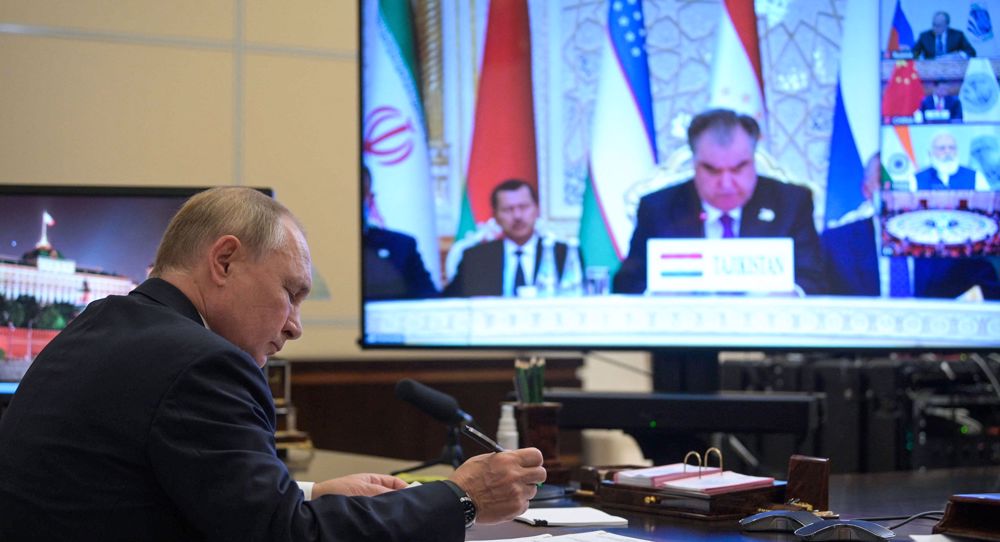
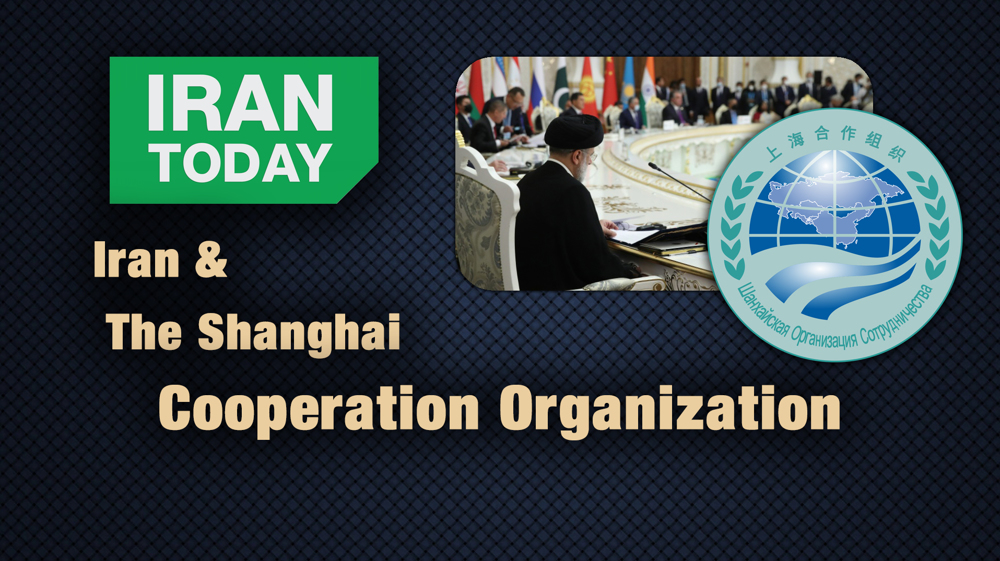
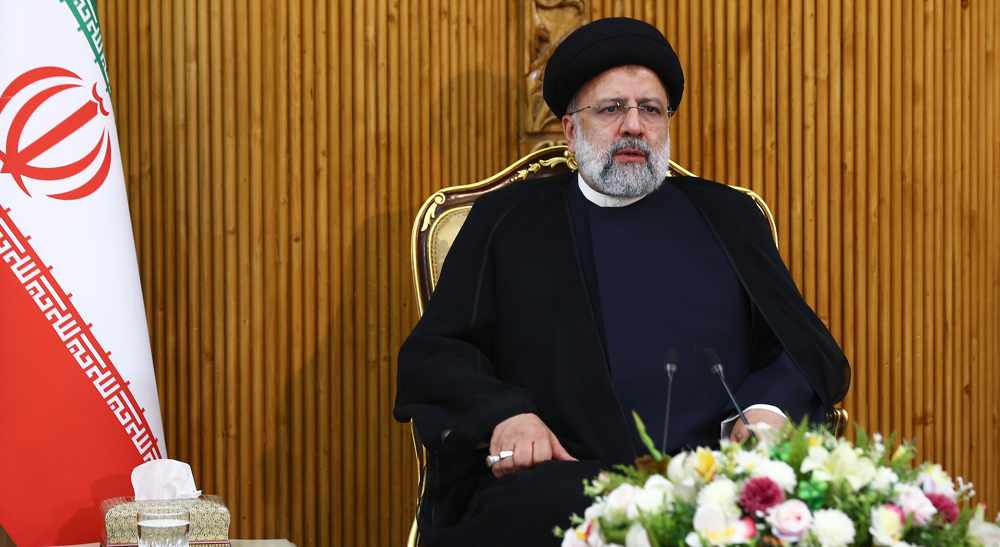
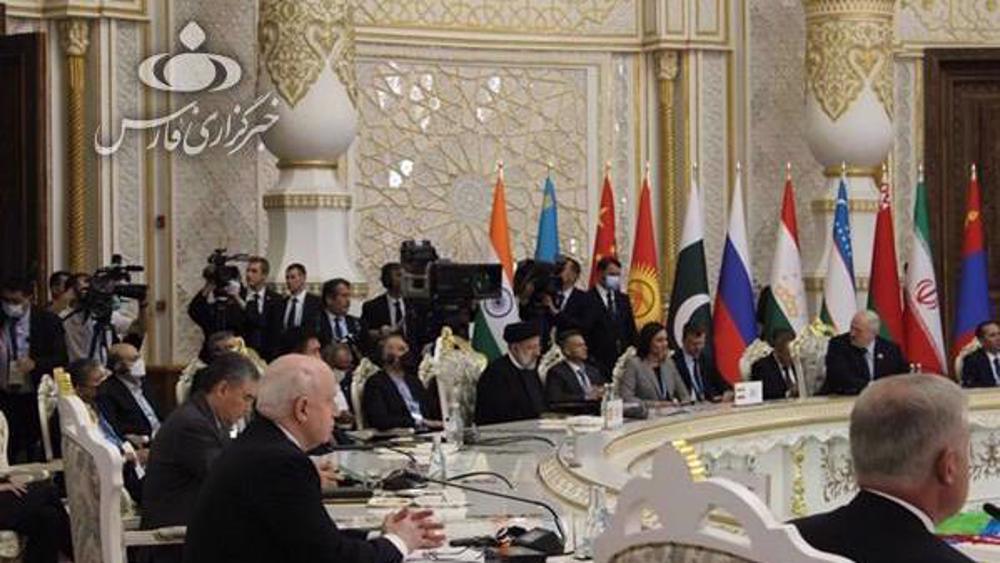
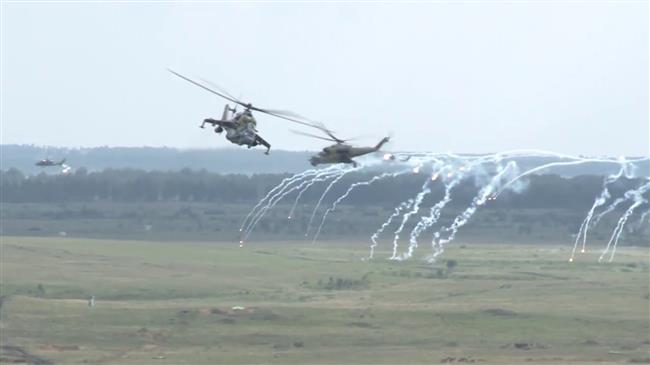
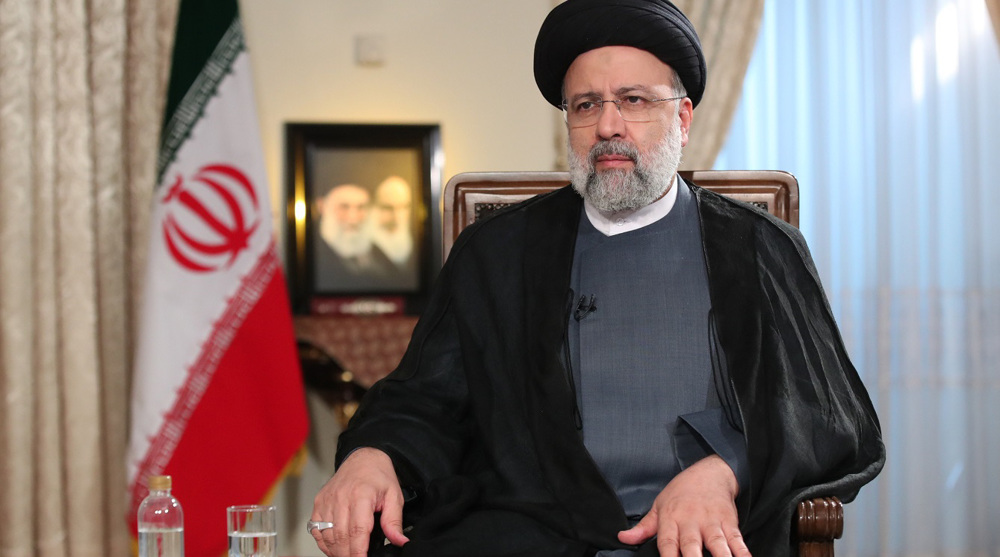
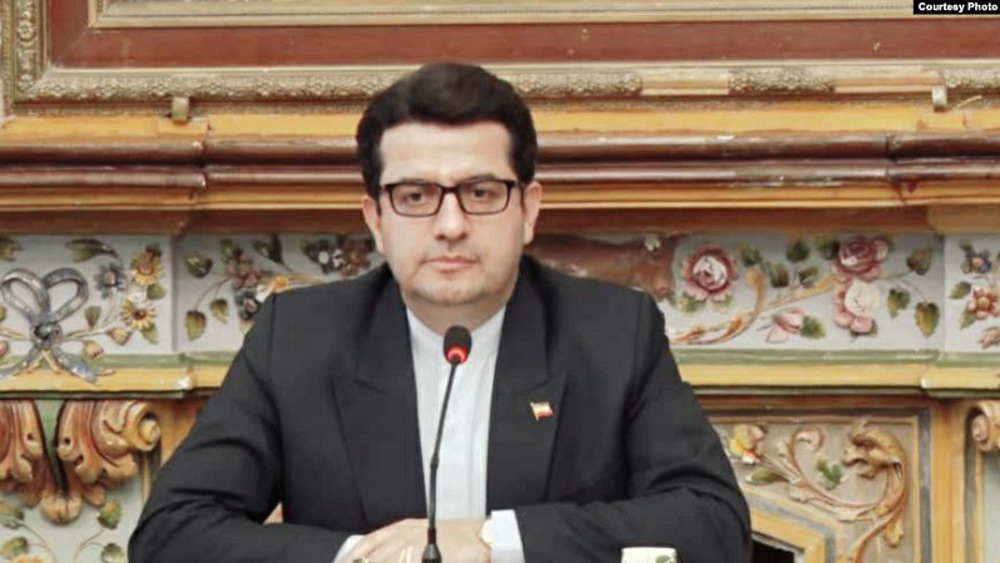
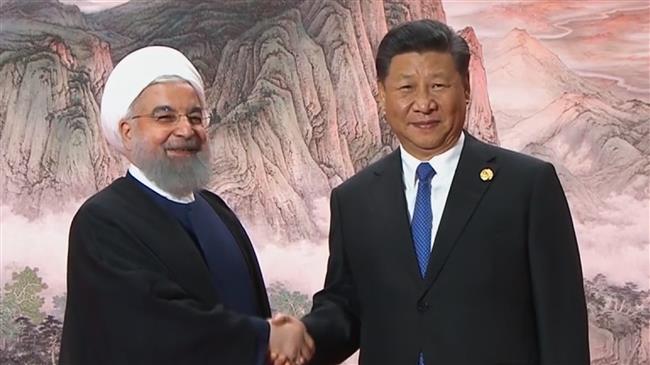
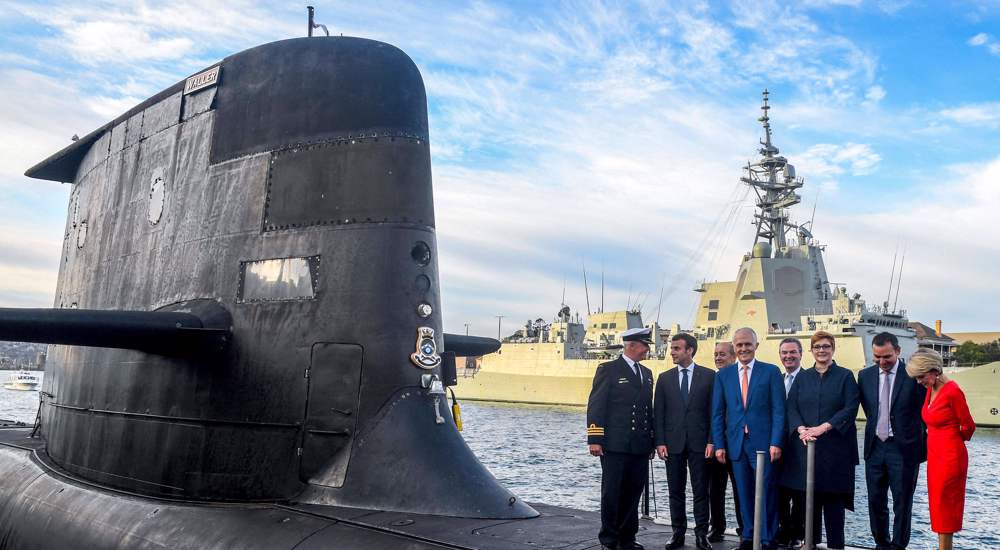
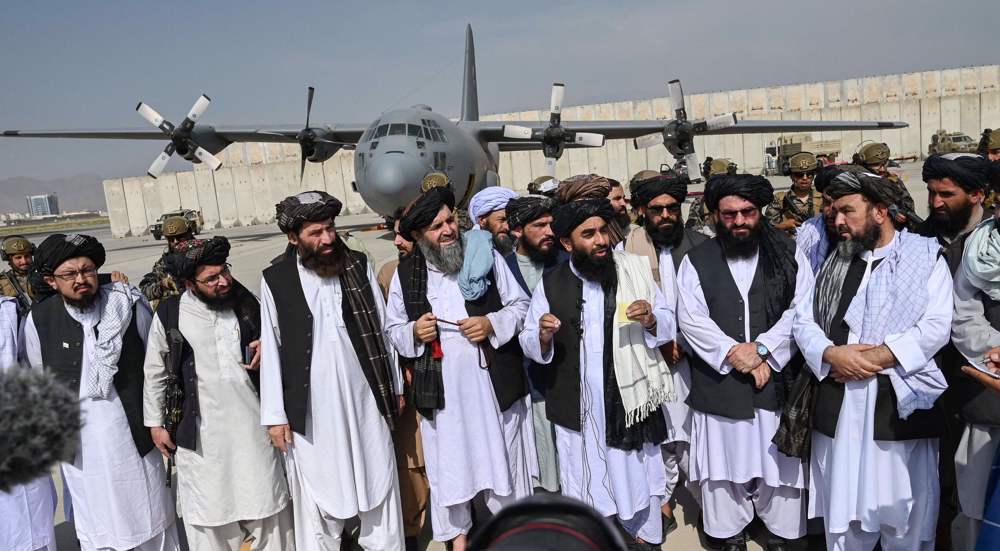

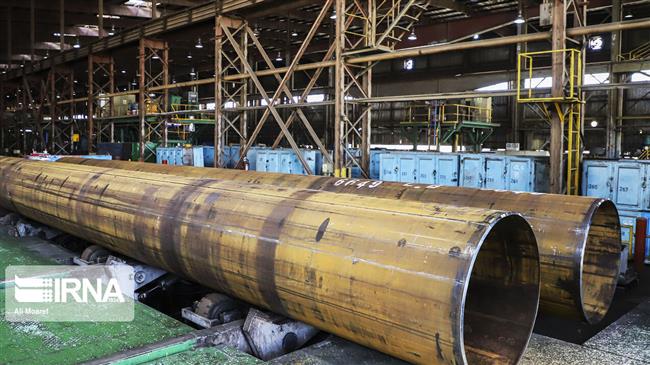
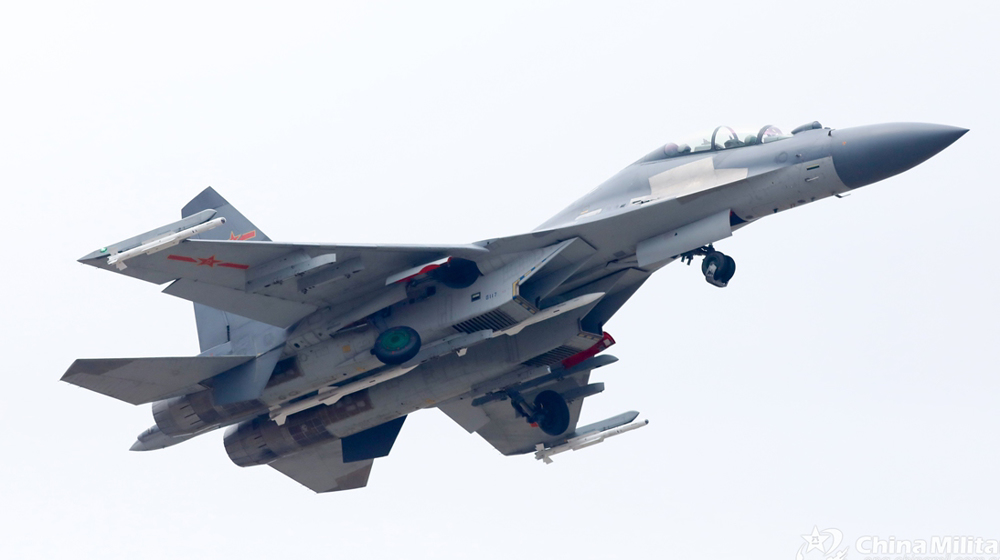
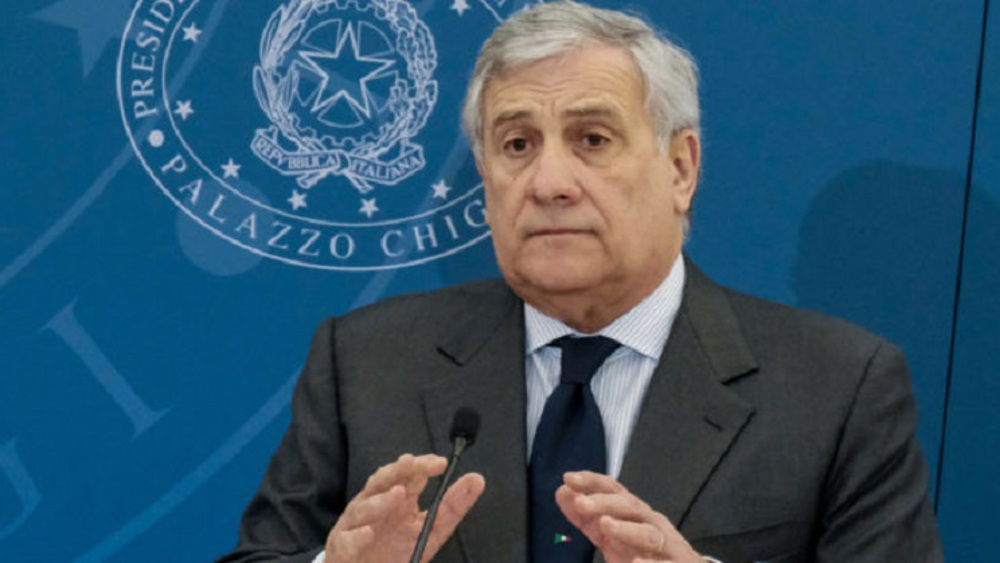

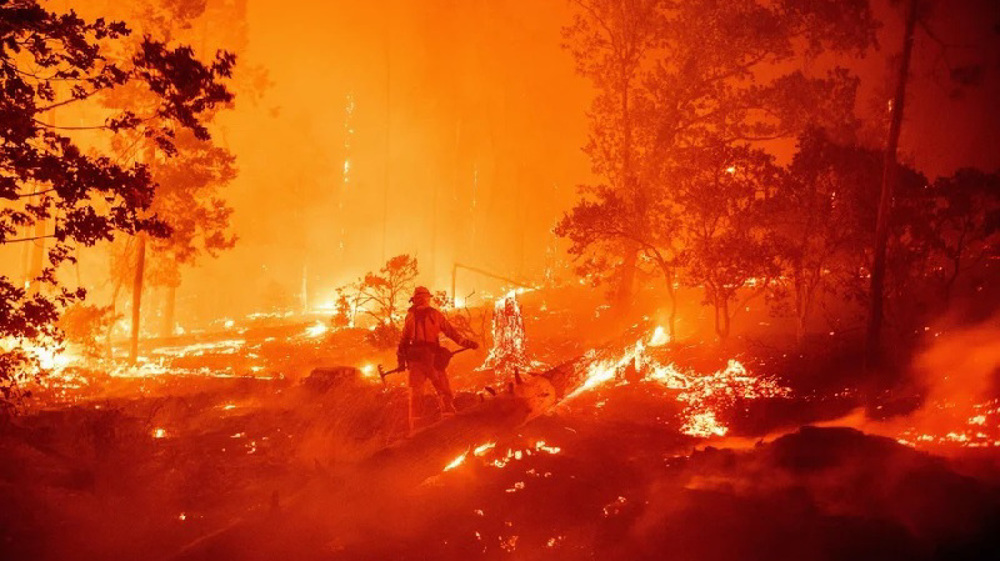



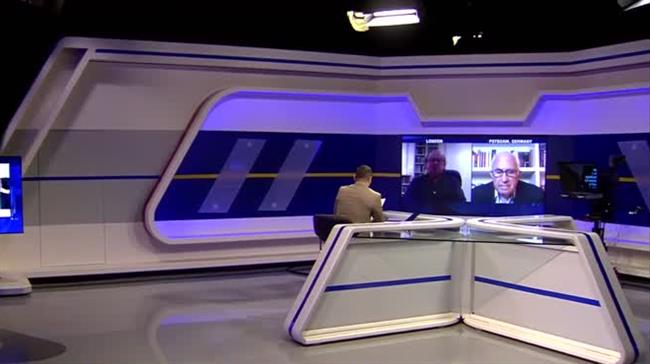
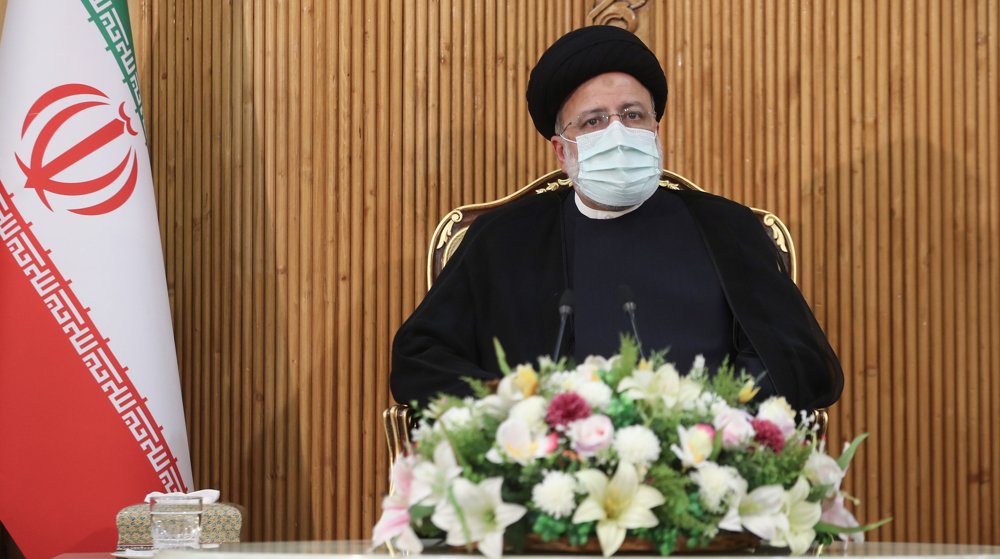
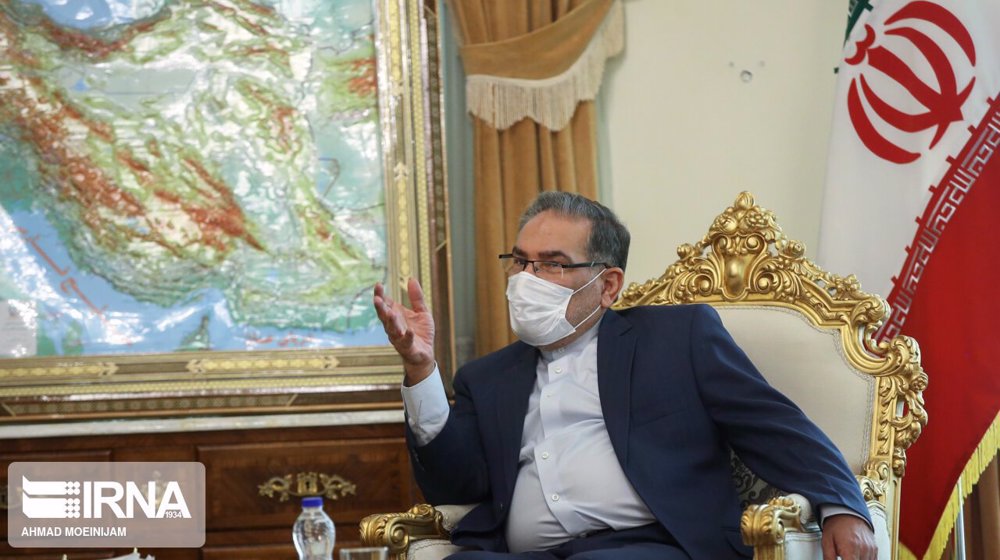

 This makes it easy to access the Press TV website
This makes it easy to access the Press TV website